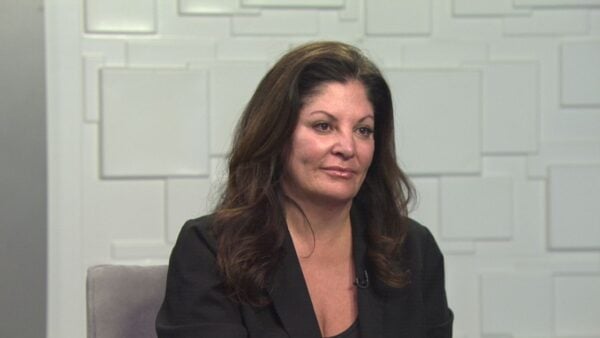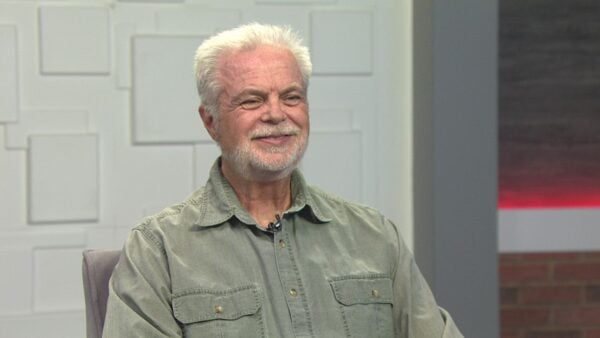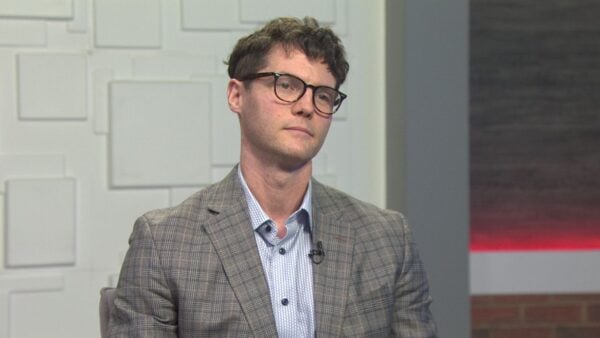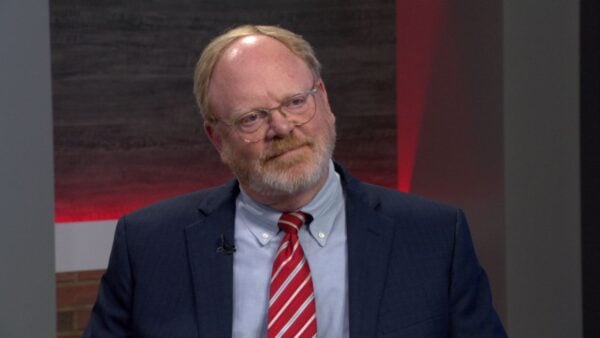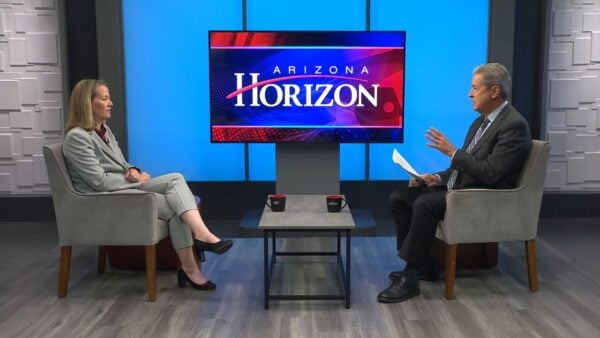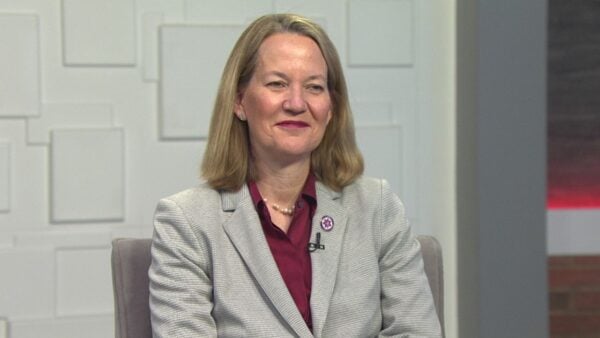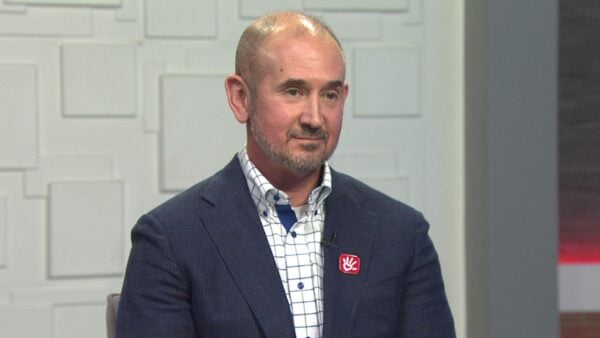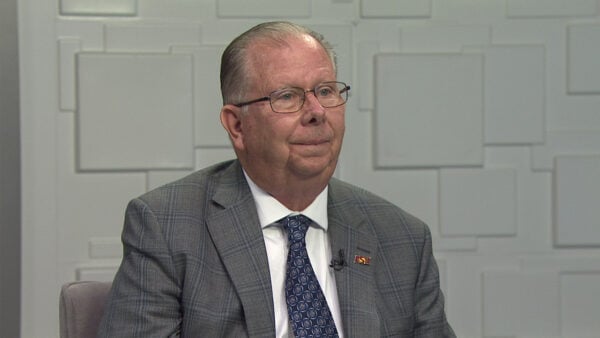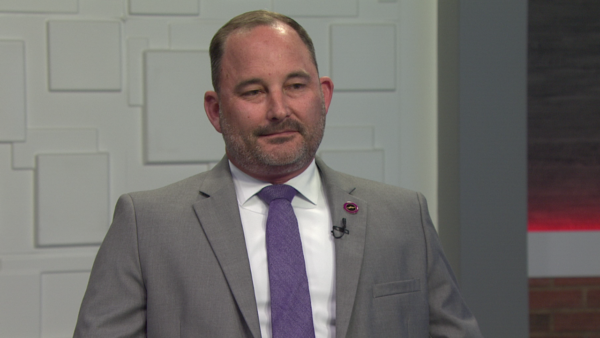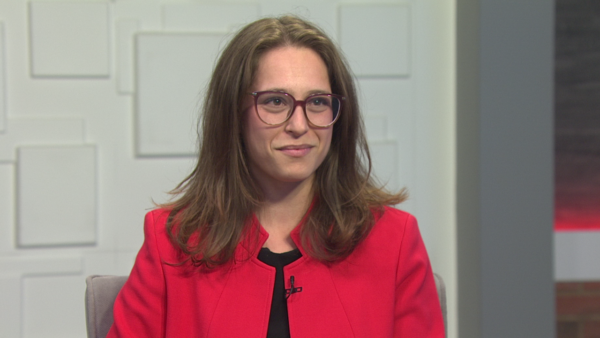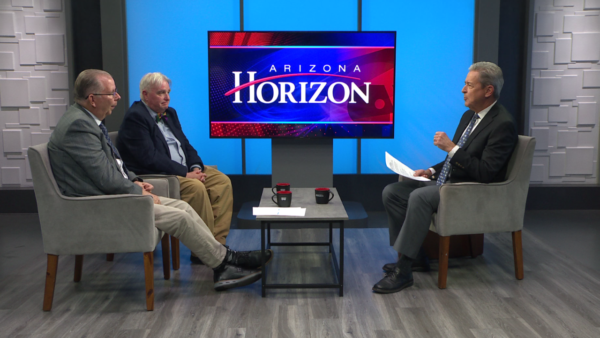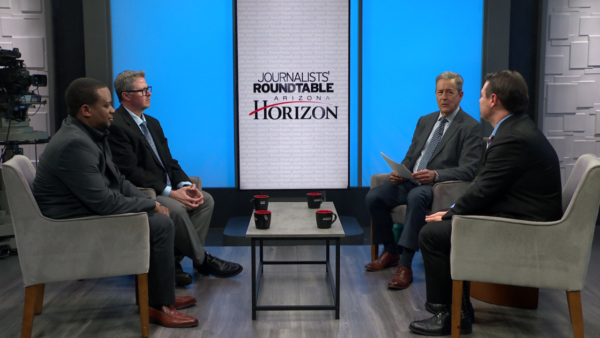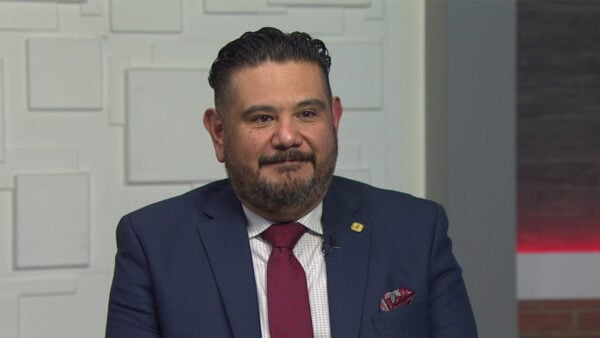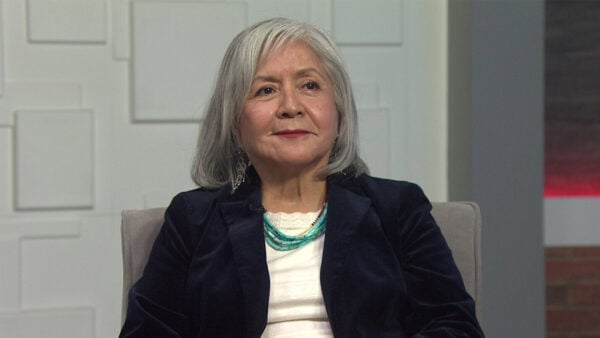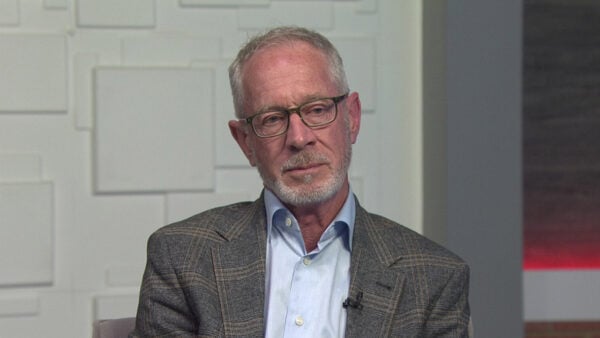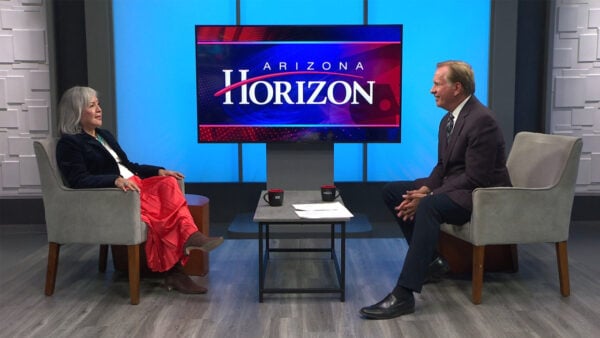ASU law professor weighs in on Justice Thomas recusal
March 28, 2022
Dozens of text messages from the wife of Supreme Court Justice Clarence Thomas to Donald Trump’s chief of staff following the 2020 election are raising questions about the ability of Justice Thomas to rule on cases involving the election and the January 6th pro-Trump riot at the U.S. Capitol. ASU law professor Paul Bender joined us to talk about this issue.
The text messages included urges to overturn the result of the 2020 election, opinions on the makeup of the Trump legal team as well as the legal strategy of the White House Chief of Staff.
“I think you’ve got to draw a line between whether you have a spouse who is outspoken and interested, which I think you have to permit, or a spouse who has some official connection to the case,” Bender said. “If your spouse has filed an amicus brief, then I think should probably recuse yourself, but in this case I’m not aware of anything she’s doing where she’s officially a part of any of the controversies before him.”
Bender noted the serious impact that a recusal on the Supreme court can have, potentially swaying the outcome of a case that would have been 5-4.
“It’s a problem for him to recuse himself because on the Supreme Court because there’s no way to replace him,” Bender said. “If it’s a court of appeals judge you just replace them with another judge but here there’s no one to replace him, so it can change the outcome of the case and it’s taken more seriously.”
However, regardless of the opinions of the public or legal experts, the decision for recusal lies with Justice Thomas.
“The interesting thing is whatever what I think about it, there’s nothing you can do to get him to recuse himself, and I think people don’t understand that,” Bender said. “A lower court judge you can ask them to recuse and if they don’t you can go to the chief judge of the circuit or the other judges or to the Supreme Court, but here there’s no one you can go to.”





